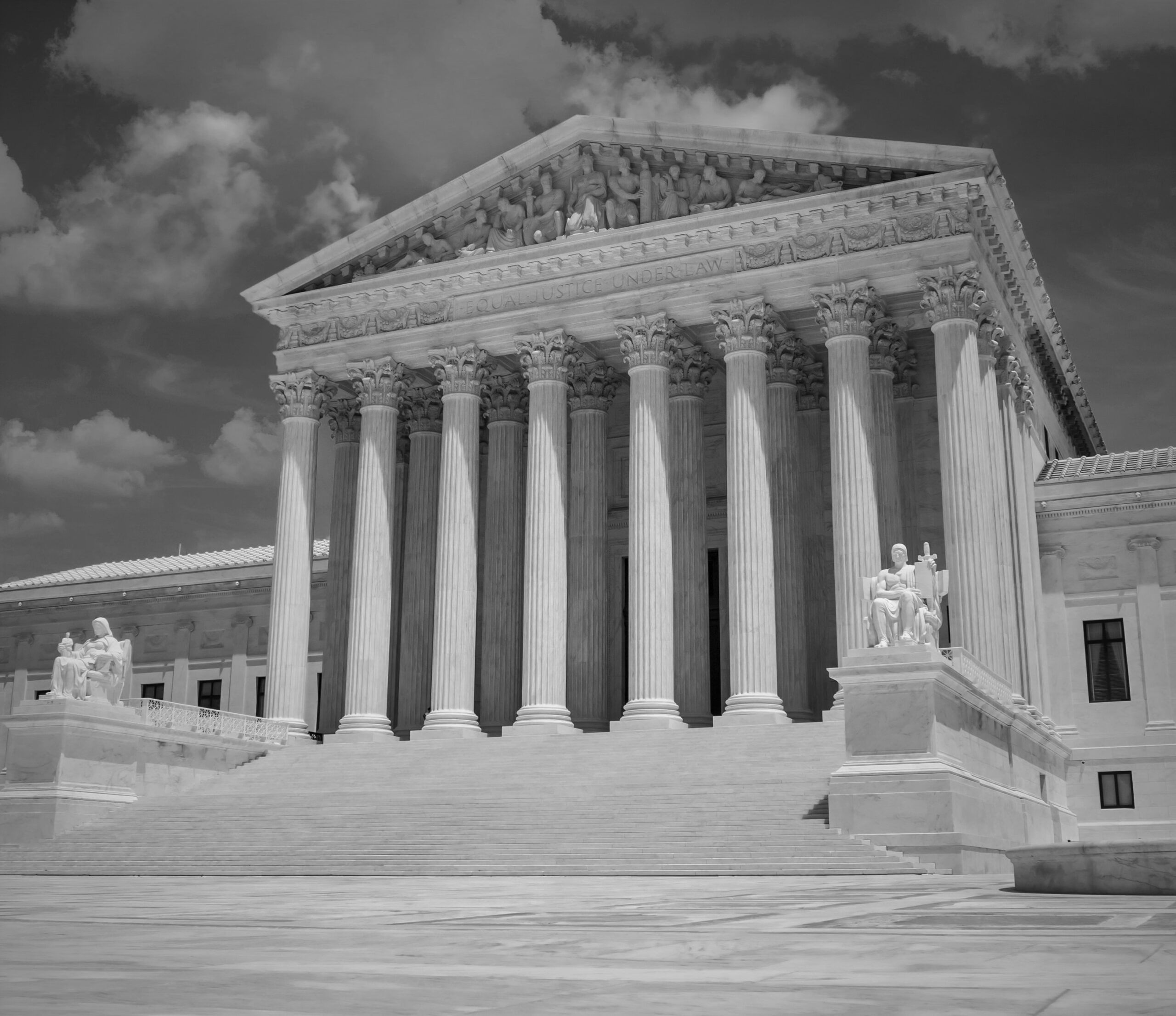The Supreme Court Clarifies Employer Obligations for Religious Accommodations

On June 29, 2023, the Supreme Court in Groff v. DeJoy clarified employers’ obligations when accommodating an employee’s religious beliefs under Title VII of the Civil Rights Act of 1964 (“Title VII”). As a result of this decision, more employees will be entitled to religious accommodations in the workplace as employers now face a much higher hurdle in proving that an accommodation would cause an “undue hardship” to the business.
Key Issue at Hand: Undue Hardship for Employers
Under Title VII, an employer is required to provide workplace accommodations for an employee’s “sincerely held religious beliefs”, unless the employer can demonstrate that the accommodation would cause an “undue hardship” to the business. Previous Supreme Court precedent has long stated that employers face an “undue hardship” if providing a religious accommodation causes more than a “de minimis” burden on the employer’s business. However, the Supreme Court in Groff stated that this “de minimis” standard is erroneous and, instead, noted that a much higher burden applies employers to show “undue hardship” when rejecting a religious accommodation – a burden that all employers across the country now face.
A Look at Groff v. DeJoy
In this case, Gerald Groff delivered mail for the United States Postal Service (“USPS”). A devout Evangelical Christian, Groff did not work Sundays and, at first, was not required to do so by USPS. As Amazon deliveries through USPS became widespread, USPS subsequently asked Groff to work Sundays. After initially accommodating his religious beliefs by redistributing his deliveries to other drivers, USPS began progressively disciplining Groff for his refusal to work on Sundays. Groff eventually resigned.
Groff sued USPS under Title VII alleging that USPS could have reasonably accommodated his religious beliefs without “undue hardship” on USPS’s business. The lower courts applied the above-referenced “de minimis” standard and interpreted “undue hardship” to mean requiring an employer to bear more than a minimal cost to provide a religious accommodation. Due to Groff’s refusal to work on Sundays disrupting the workplace, which the courts have previously deemed to satisfy the “de minimis” standard, the lower courts ruled in USPS’s favor.
At the Supreme Court, Justice Samuel Alito, writing for a unanimous court, decided that the “undue hardship” standard used by the lower courts was not the correct interpretation of the Court’s precedent. The Supreme Court clarified that the test for religious accommodations under Title VII is whether the burden of granting an accommodation “would result in substantial increased costs in relation to the conduct of [an employer’s] particular business.” As a result, the case is being sent back to the lower courts to decide whether USPS would have faced “substantial increased costs” if it accommodated Groff’s religious beliefs.
Justice Sonia Sotomayor wrote a concurrence to emphasize that when deciding whether the accommodation would result in “substantial increased costs” to allow the employer to reject the accommodation, employers may consider hardships on other employees involving scheduling, management, performance, and seniority rights (among other concerns).
The Main Takeaway of this Case
Employers faced with an employee’s religious accommodation request must now analyze whether the accommodation would pose “substantial increased costs” on the business. Notably, this standard is more employee-friendly than the former “de minimis” standard. As always, employers should consult with counsel prior to rejecting a religious accommodation due to a perceived “undue hardship” the accommodation would impose upon the business.
No aspect of this advertisement has been approved by the highest court in any state.
Results may vary depending on your particular facts and legal circumstances.
As the law continues to evolve on these matters, please note that this article is current as of date and time of publication and may not reflect subsequent developments. The content and interpretation of the issues addressed herein is subject to change. Cole Schotz P.C. disclaims any and all liability with respect to actions taken or not taken based on any or all of the contents of this publication to the fullest extent permitted by law. This is for general informational purposes and does not constitute legal advice or create an attorney-client relationship. Do not act or refrain from acting upon the information contained in this publication without obtaining legal, financial and tax advice. For further information, please do not hesitate to reach out to your firm contact or to any of the attorneys listed in this publication.
Join Our Mailing List
Stay up to date with the latest insights, events, and more







